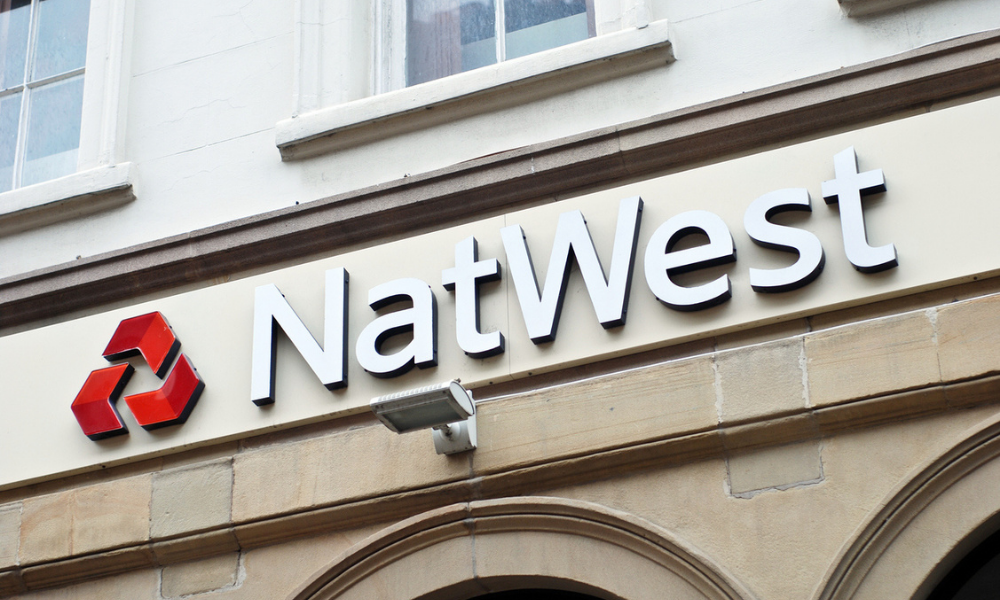Plan is to fully return the bank to private ownership

The government has lost control of NatWest Group for the first time since the 2007-2008 financial crisis, following a £1.2 billion sale of part of its shareholding back to the group.
The bank has now returned to majority private ownership as the government stake is reduced to 48.06% from 50.6%.
John Glen, economic secretary to the Treasury, authorised the sale of approximately 550 million shares in NatWest at 220.5p per share.
“This sale means that the government is no longer the majority owner of NatWest Group and is therefore an important landmark in our plan to return the bank to the private sector. We will continue to prioritise delivering value for money for the taxpayer as we take forward this plan,” Glen said.
Read more: Treasury to continue sell down of NatWest Group shareholding.
This is the government’s fifth sale of its NatWest shareholding as part of the plan to return to private ownership the institutions brought into public ownership as a result of the financial crisis 15 years ago.
The government came to the rescue of the banking industry after institutions, including NatWest – then known as Royal Bank of Scotland (RBS) – nearly collapsed due to substantial losses. The government owned 84% of the total shares of RBS at one point.
Other banks that the government rescued were Lloyds TSB and HBOS, which later merged to become Lloyds Banking Group.
In 2017, Lloyds was able to buy back all its shares from the government in 2017. The process took longer for NatWest – the Treasury began selling off government shares in NatWest in 2015.



